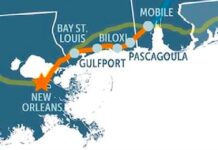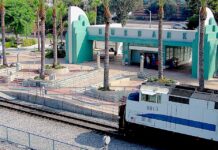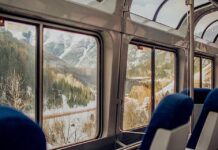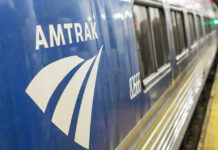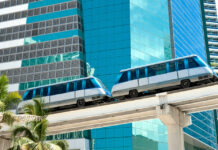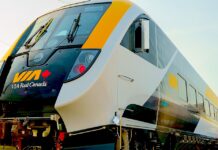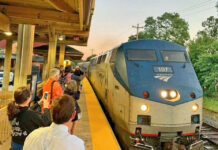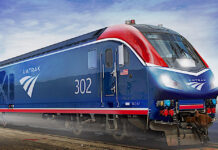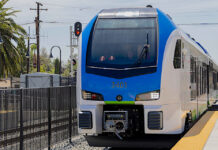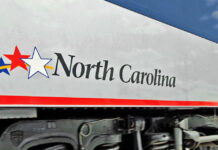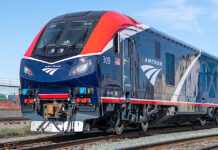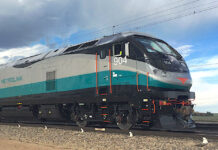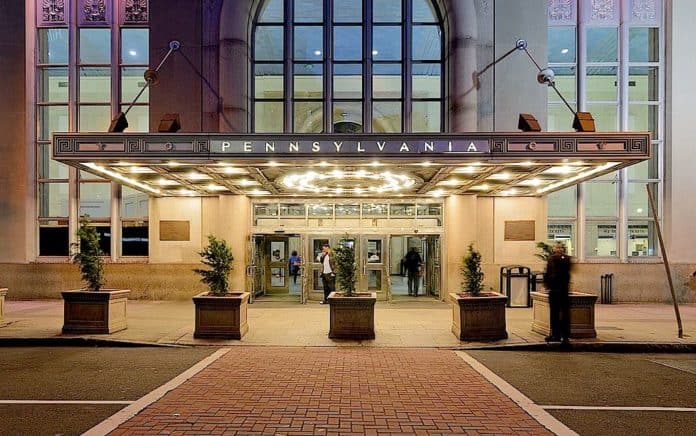
NJ spending $190M to renovate Newark Penn Station. Here’s what yo expect
New Jersey governor Phil Murphy has announced $190 million in long-overdue renovations for Newark Penn Station. The state funding will help pay for waiting room bench restoration, platform improvements; LED light replacement; restroom renovations; HVAC and air-handling unit upgrades; painting and tile work; and cleaning of limestone exterior. Work on the 90-year-old station will begin “immediately” with $30 million in repairs. The remaining $160 million in renovations will be spent over the next five years at what in 2019 was NJ Transit’s third-busiest rail station, with 27,800 average weekday boardings. [northjersey.com]
Chicago: Metra to provide long-awaited rapid transit to South Side and south suburbs
Transit riders on the South Side and in the south suburbs have some improved travel options to look forward to in the new year. In January, Cook County will usher in a rapid transit pilot program to help those residents travel to and from downtown Chicago quickly, easily, and affordably. The long-awaited South Cook Fair Transit program will offer reduced fares and increased service on Metra’s Electric District and Rock Island District rail lines, which travel along the south lakefront and into southwest Cook County, respectively. [activetrans.org]
‘Amtrak Joe’ could arrive for his inauguration by train
President-elect Joe Biden could return to the nation’s capital for his inauguration ceremony the way he long bridged his life at home and his job in politics: on an Amtrak train from Wilmington, Delaware, to Washington, DC. It would be a fitting moment for the man who took roughly 8,000 round trips on that same route during his time as senator and vice president — earning him the moniker “Amtrak Joe” — and who four years ago left Washington by train on his final day as vice president. Biden’s inauguration team is eyeing a rail arrival as one of a number of plans being discussed for the January celebration. [cnn.com]
New report outlines next steps for Vancouver-Seattle-Portland high-speed rail
The Washington State DOT has released a new report identifying steps the governments of British Columbia, Washington, and Oregon must jointly take to realize ultra-high-speed rail linking Vancouver, Seattle, and Portland. Built on previous project studies, the latest $895,000 USD report was funded equally by all three jurisdictions and Microsoft. The new service could reach speeds of up to 400 kmh (250 mph), with travel times of under one hour between Vancouver and Seattle, and Seattle and Portland. It would carry a construction cost of between $24 and $42 billion USD, with revenues covering costs by 2055 — about two decades after opening. [dailyhive.com]
Hyperloop hopes perk back up with Branson challenger’s R&D deals
Hyperloop Transportation Technologies could be rolling out a commercial version of the high-speed transport concept envisioned by Elon Musk by decade’s end. The technology for capsules moving through magnetic tubes at almost 750 miles per hour “is ready,” according to Hyperloop CEO Andres de Leon. The company, which is up against billionaire Richard Branson’s rival project has unveiled a deal to integrate signaling gear from its new shareholder Hitachi Rail. The concept is based on moving passengers in capsules that float through low-pressure tubes designed to reduce friction. [crainscleveland.com]
Front Range passenger rail to cost up to $2.8 billion for first phase
The first phase of a proposed Front Range passenger rail system from Fort Collins to Colorado Springs would cost up to $2.5 billion and see two to six daily round trips, a new report estimates. The update from the Southwest Chief & Front Range Passenger Rail Commission and the Colorado Department of Transportation also noted that the top speed of trains would be 79 miles per hour and would focus on sharing trackage with Class I freight railroads, “with some track improvements.” [gazette.com]

